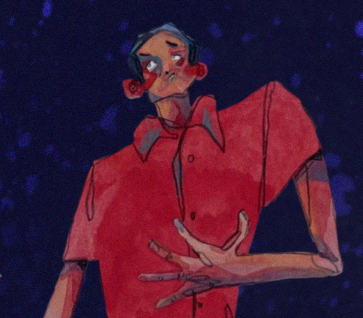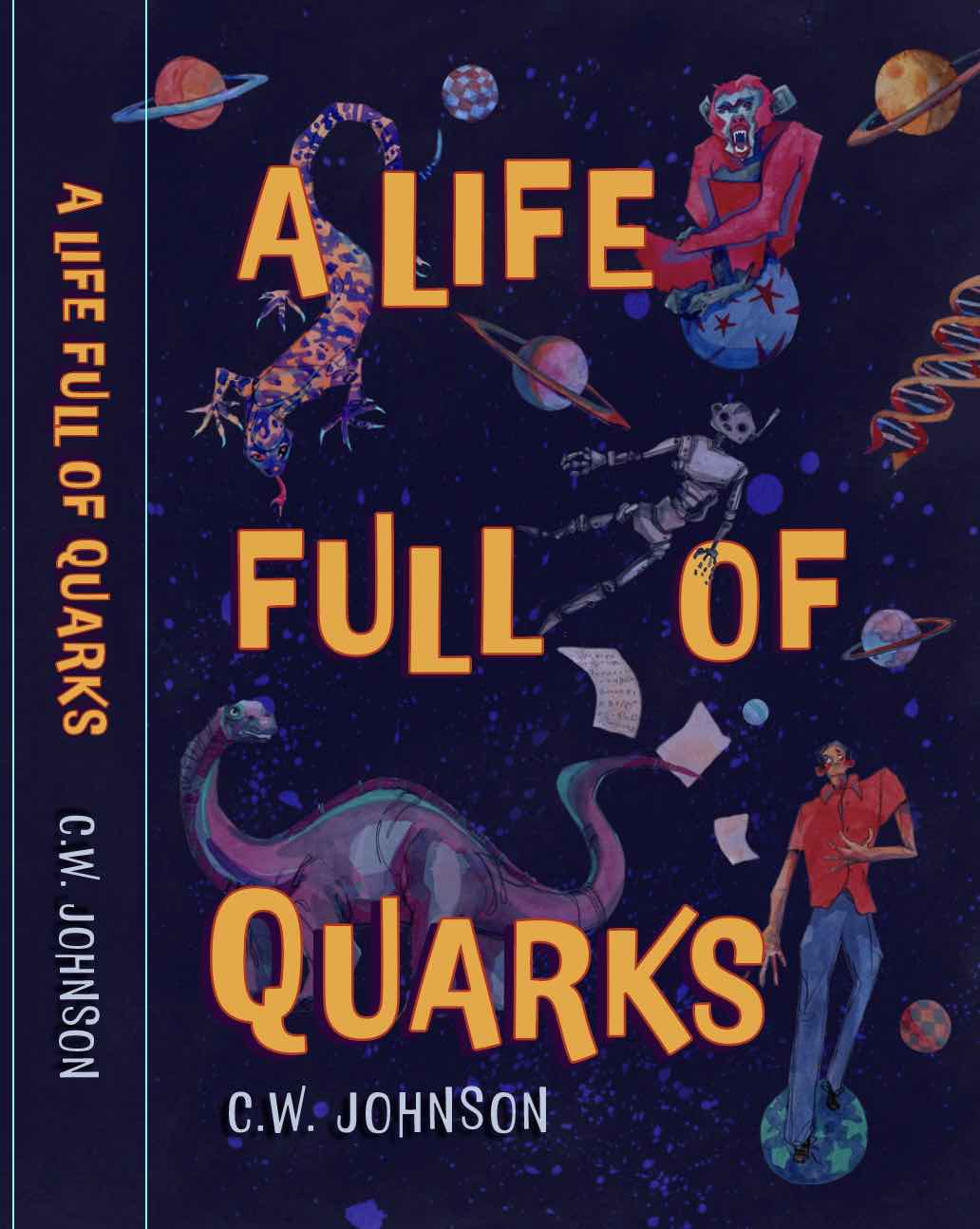What is science? Part I: The problem of science
Science is a word that is used a lot. People often appeal to science: “Science says…” and “Trust the science!” Other people attack science and try to undermine it.
What is science, that garners such attention? Is science really that special and different? How did it come about, and why only in one place, Renaissance Europe? How does science actually work? In a series of essays, I hope to address some of these questions.
Let’s put aside the easy targets of anti-vaxxers and creationists. In a July 4, 2016 opinion piece in the New York Times, Loyola philosophy professor James Blachowicz wrote “There is no scientific method.” In his essay, Blachowicz argues that there is nothing special about how scientists arrive at their results. He states that scientists, like poets (he begins with a lecture by the poet Stephen Spender) and philosophers, work by systematically improving their product until they arrive at a desired end. Thus, he concludes, one should not talk of the ‘scientific method’ as if it were any different from a poetic method or a philosophical method.
Blachowicz’s specialty was the philosophy of science. It is certainly true that scientists are not nearly as sophisticated in philosophy as they imagine themselves to be, and that scientists are typically rather naïve about their own methodological assumptions. However, I was surprised to see how profoundly Blachowicz misunderstood science—and, tellingly, by poetry as well.
In writing about poetry, Blachowicz recalls Spender telling the audience that while working on a poem the poet “…amended the lines to bring them closer…to the meaning he wanted…” [emphasis mine.] By this, Blachowicz gives the impression that the poet, and by extension the scientist, starts off with a firm goal in mind.
I did not attend Spender’s lecture, so I have no idea what he actually said. I am a published poet and know many poets, however, and I can tell you: the best poems do not get written this way. You start writing a poem, indeed with an idea in mind, but then you get stuck—something isn’t working right—and you cross out lines, write new ones, crumple up the paper. And then when you are in the shower or driving somewhere or lying awake at night, you suddenly realize the poem you were trying to write was really about something else entirely, and you have to get out of bed, or pull over to the side of the road, or race to your desk still dripping, to put down those fleeting lines that you did not know you were looking for.
And often the best science works that way, too. You start asking one question, get stymied, and then realize you’ve been asking the wrong question all along.
When I taught a course on science and science fiction, I would start the first class with students reading and commenting on Blachowicz’s essay. Being eager-to-please college students, they typically said that Blachowicz was correct, alas.
One of the tools I teach in that course is the idea of close reading. I’ll return to close reading in a future essay, but in essence close reading means exactly what it sounds like: paying attention, word by word, as to what are the assumptions and attitudes made. And a close reading of the essay yields useful insight.
Towards the end of his opinion piece, Blachowicz states with regards to the scientific method: “Quantified precision is not to be confused with a superior method of thinking.” It is the last four words—superior method of thinking—that reveals both the motivation for this dismissal of science, and what Blachowicz gets wrong.
In that phrase Blachowicz implies that people imagine science and the scientific method as ‘superior,’ and his whole essay is geared to dismantling that view: the thoughts of scientists are not superior to those of poets or philosophers or anyone else.
On one hand, I would agree with that sentiment. Yet the author also misunderstands the essence of the scientific method. The scientific method is fundamentally not a ‘method of thinking.’ I will go into more depth on this idea in future essays, but in short, despite popular images of Great Thinkers of Science such as Albert Einstein, Stephen Hawking, and Sheldon Cooper, science actually is suspicious of ‘thinking’ because it is so easy to argue yourself to the wrong conclusion.
Instead, the scientific method is based not on thinking, but on empirical experiments on the natural world. We may solve difficult equations and write long computer programs, but in the end, it is Nature who is the final arbiter of science. And this is why science, like poetry, can arrive at surprising and unexpected conclusions. The scientific method is a superior method to answer some questions, precisely because it is not a method of thinking.
So how did we arrive at this science? And how and why did it come about when and where it did, in Renaissance Europe? After all, many cultures developed sophisticated capabilities in engineering, while many others had or have profound (but passive) observations of the natural world. How is modern science different, and why? In future posts I will address some of these questions.

